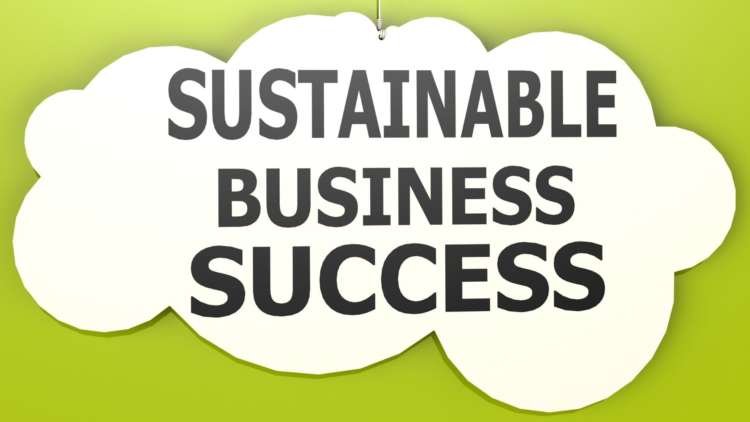5 Sustainability Lessons That Are Crucial For Business Success
Published by gbaf mag
Posted on October 23, 2020
5 min readLast updated: January 21, 2026

Published by gbaf mag
Posted on October 23, 2020
5 min readLast updated: January 21, 2026

By Michael Stausholm, founder of Sprout World (sproutworld.com)
Sprout World is the eco-company behind the world’s only plantable pencil, with over 30 million pencils sold in over 80 countries. Michael has also advised the likes of Nike and Walmart on how to implement more sustainable production practices, and in addition to running Sprout World, mentors green start-ups as a board member of Greencubator.
As a mentor, I’ve met countless passionate souls who feel so committed to change the world with their business that it’s a taboo to talk about profit. But this can be fatal for your company.
How are you supposed to develop, produce and sell your product or service if you don’t make any money? There’s an expectation that green entrepreneurs have bigger hearts than others. That we are all in the game to make a difference for humanity and the planet. That making money is not important at all, and if your business is making good money, it’s better to keep your head low and be a bit ashamed of it.
But growing a company is costly. Focusing on your income is a must if you want to survive the first year. After all, if you are not making money, you won’t be able to develop a long-lasting business, and then you can’t make a difference. It makes absolutely no sense to talk about sustainable business, if the business is not making any money and has to shut down. So, the takeaway is that making money from the beginning might not be your priority, but it shouldn’t be a taboo either.
Good ideas are like gold. People spend their whole lives chasing a good idea. But often, people use it as an excuse for not launching their business and remaining stuck in the same unfulfilling routine. But here’s the thing: good ideas are overrated. You don´t need to reinvent the wheel to create a successful business because an idea is absolutely nothing if you don´t act on it.
The world is full of good ideas. We all have them now and then, some even repeatedly. But what matters is what steps you take to implement it. There are plenty of companies that achieve great things not because they had a great idea, but because they are taking products or services that have been around for ages, and just making them better. So, don’t wait around for divine inspiration for your next great idea because you might be waiting forever.
Growing a business often requires external funding from investors, loans, or possibly even crowdfunding. And this is where it might get difficult for you to get help from investors. If, for example, your focus is merely on the environmental benefits of your product or service, it’s simply not attractive for an investor, who typically has profit as a measure of success.
A study by Warwick Business School showed that green entrepreneurs must balance “what is important to me” with “what is important to them” if you want to attract capital and create a successful business. The researchers of the study followed six green startups for four years, and the conclusion was that entrepreneurs had to balance “what’s in it for them” higher, to achieve success.
Even though it can be frustrating to focus more on profit and less on being 100% sustainable, it has to be done. Making your business economically sustainable will allow it to be more eco-friendly – and hence make a difference – in the long run.
Setting ambitious goals are important if you want to improve and move your company towards a more sustainable path but goals can be so overwhelming that they prevent you from acting. Instead, break your goals down and into small steps. Ask yourself: what is the first thing we can do right now to be a bit eco-friendlier?
The problem with sustainability and being purpose-led is that the issues and challenges can be overwhelming, even for large corporations. For this reason, it often ends up looking like greenwashing, because the goals are so enormous that it can seem impossible. It’s best to set partial goals on your journey and to improve your standards step by step.
If you don’t have a team with the right attitude, your ideas and goals are worth nothing. One of the most important things I’ve learned when finding the right person is their mindset. Finding someone who shows a genuine interest in your mission and purpose is helpful but more importantly, hire team players, people who are always willing to help across the board. A great rule is to hire only people who you can see yourself spending 8 hours on a flight with and enjoying the conversation.
And ensure the hire is a good culture fit. Make sure that everyone is motivated and enthusiastic about their role because they feel the job is never boring, and their colleagues are great to be around. This is especially helpful during these particularly tough pandemic times when your team needs all the support they can get. People say that culture eats strategy for breakfast. This isn’t true. Culture eats everything for breakfast, lunch and dinner too.
Explore more articles in the Business category











